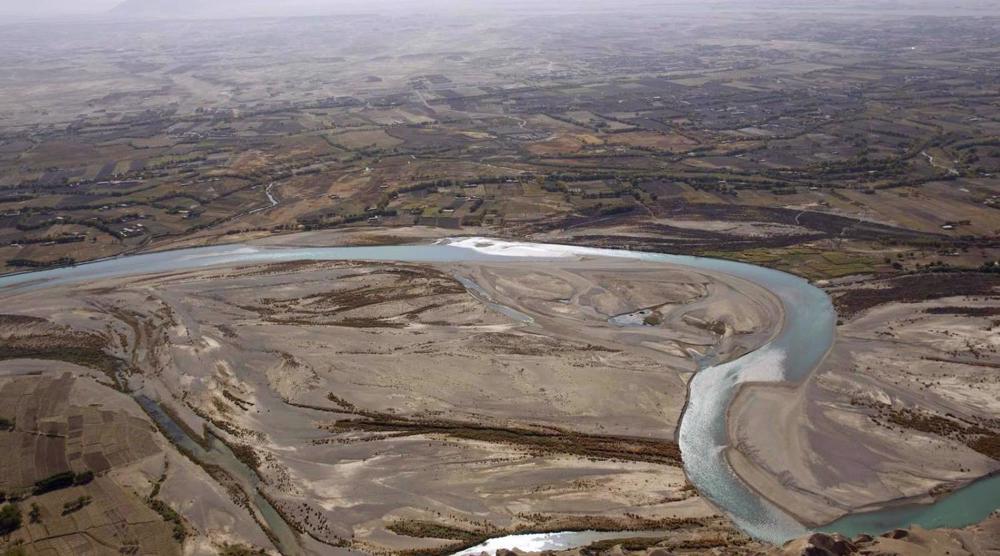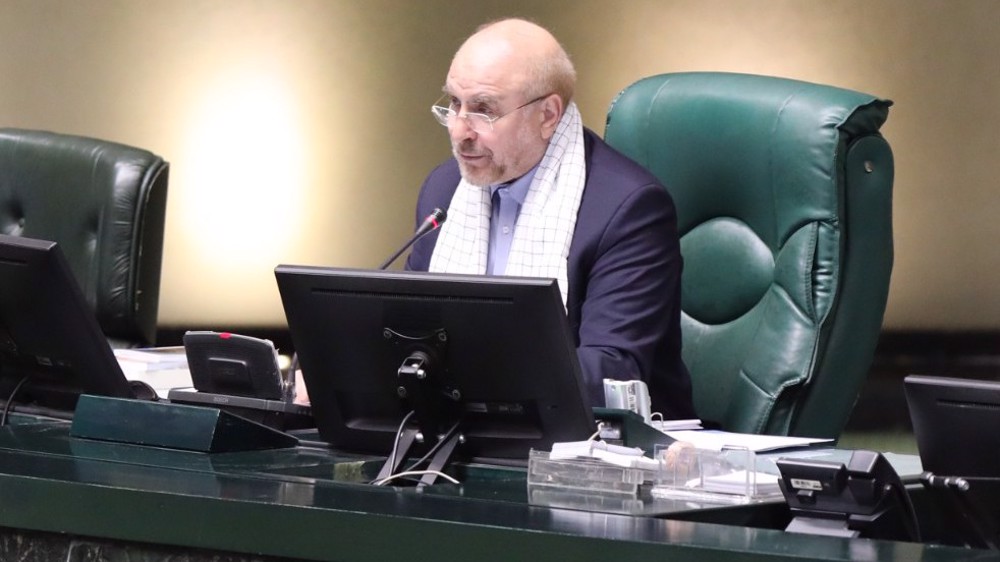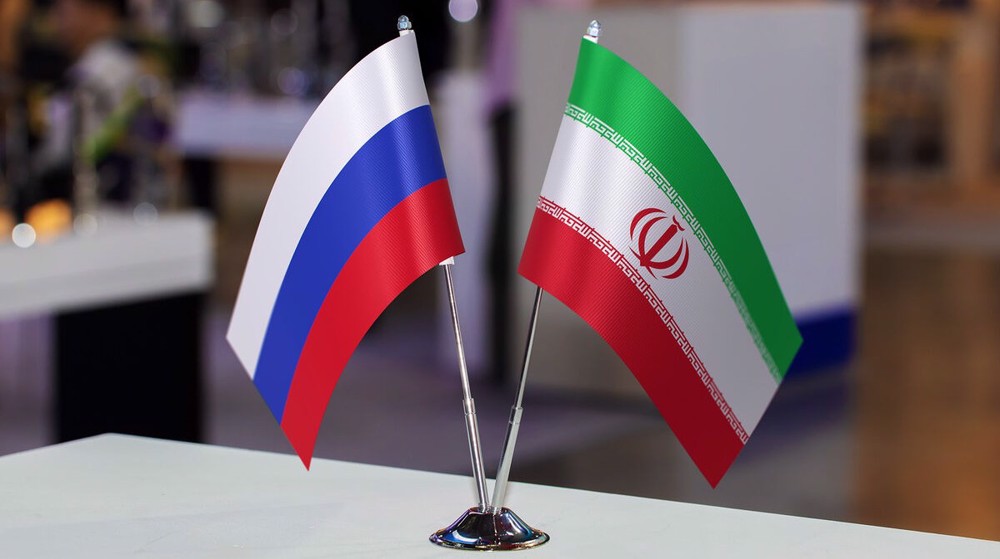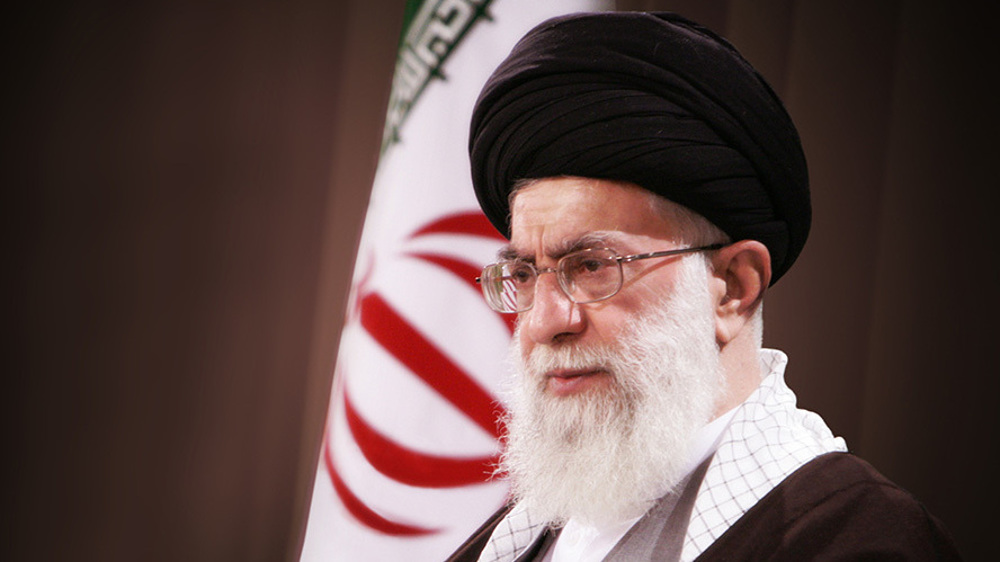Iran will not compromise on Hirmand River water right: FM Amir-Abdollahian
Iran's foreign minister says the country has raised the issue of its water right with respect to the border river of Hirmand, also known as Helmand, with the acting Taliban government of Afghanistan.
Hossein Amir-Abdollahian made the remark in a Monday tweet in reference to his recent meeting with the Taliban-run Afghan government’s Foreign Minister Amir Khan Mottaqi.
“During my recent negotiations with Mr. Mottaqi … in the city of Samarkand, we put strong emphasis on the issue of Iran's water right to the Hirmand River," Amir-Abdollahian said.
در مذاکرات اخیرم با آقای متقی سرپرست وزارت خارجه هیات حاکمه موقت افغانستان در شهر سمرقند، مسئله حقابه ايران از هيرمند را به تفصیل مورد تاکید قرار دادیم. افغانستان هم بر پایبندی خود به حقابه ایران تاکید داشت. بر انجام اقداماتی فوری توافق کردیم. از حقابه ایران کوتاه نخواهیم آمد.
— H.Amirabdollahian امیرعبداللهیان (@Amirabdolahian) April 17, 2023
He added that the Afghan side has also stressed its commitment to Iran's water right and the two sides “agreed to take immediate measures” in this regard.
“We will not compromise on Iran's water right,” the top Iranian diplomat concluded.
Iran and Afghanistan have been locked in a protracted water dispute, which has prevented them from realizing the vast potential of bilateral trade ties.
At the heart of the dispute is the Hilmand River, which originates in the Hindu Kush Mountains near Kabul and flows 700 miles (1,126 kilometers) south before flowing into Hamoun wetlands, located in Iran’s Sistan and Baluchestan province.
The two countries signed a water-sharing accord on the Hilmand River in 1973, under which Afghanistan pledged to deliver an average of 820 million cubic meters of water per annum to Iran.
Iran has repeatedly criticized Afghanistan for failing to honor the agreement in letter and spirit.
What has made the dispute bitter is the construction of many hydroelectric projects on the river, most importantly the Kamal Khan dam in Nimrouz province, and the Kajaki dam 100 miles (160 km) northwest of Kandahar province.
Back in July, Iranian President Ebrahim Raeisi called for “serious” pursuit of the country's water rights from the Hilmand River, instructing foreign and energy ministers to take up the matter as a priority.
The important of Venezuela for Iran
Iran beats traditional rival Russia in freestyle and Greco-Roman wrestling friendly
Rape trials trigger protests against French ‘sexist and misogynistic’ culture
US photographer opens Berlin exhibition with anti-Israel speech
VIDEO | Press TV's News Headlines
VIDEO | US 'non-profit killer’ bill targets pro-Palestinian groups
Explainer: How Yemeni military chased away US aircraft carrier from Red Sea?
French march for women of Palestine










 This makes it easy to access the Press TV website
This makes it easy to access the Press TV website